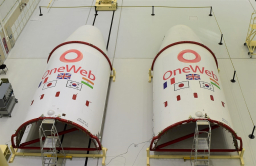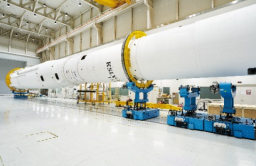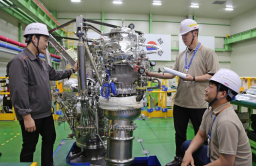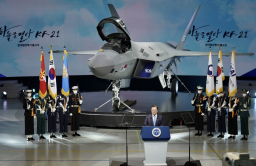-
KOSPI 2577.27 -2.21 -0.09%
-
KOSDAQ 722.52 -7.07 -0.97%
-
KOSPI200 341.49 +0.02 +0.01%
-
USD/KRW 1396 -2.00 0.14%
Korea Aerospace Industries, Airbus to jointly enter satellite business
Aerospace & Defense
Korea Aerospace Industries, Airbus to jointly enter satellite business
Under the latest partnership, the two firms will focus on low-earth-orbit satellites, which are in growing demand
By
Oct 31, 2021 (Gmt+09:00)
2
Min read
News+
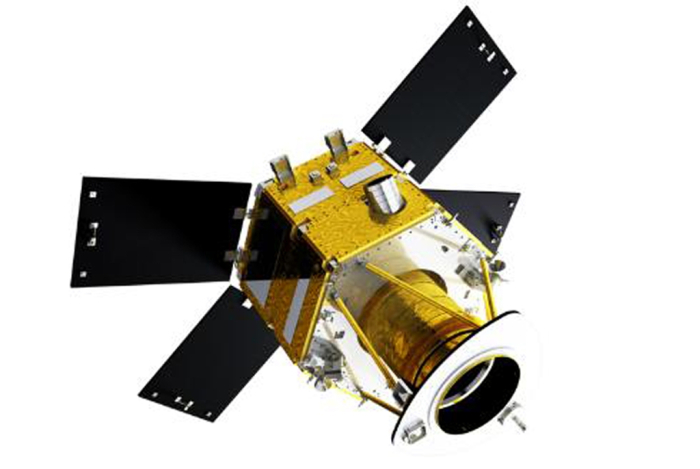
Korea Aerospace Industries Ltd. and Airbus SE, a European multinational aerospace company, are jointly entering the satellite business to capture the burgeoning private-sector aerospace market.
According to defense and aerospace industry sources on Sunday, KAI Chief Executive Ahn Hyun-ho and Bernard Brenner, an Airbus executive vice president in charge of marketing and sales, have signed an initial agreement to cooperate in the development of value-added small low-earth-orbit satellites.
The two companies will launch a task force by the end of this year to look for business opportunities in the fast-growing small satellite market, the sources said.
The move comes as Elon Musk’s SpaceX has ushered in a commercial space age, where private companies are making aggressive forays into the space industry, once dominated by government agencies across the globe.
KAI, the South Korean defense contractor and the country’s sole aircraft maker, has already forged partnerships with Airbus in various areas, including aircraft component production, for more than a decade.
But the latest agreement marks the two companies’ first joint project in the satellite business.
Under a contract signed in the early 2010s, KAI is supplying about 10 wing ribs a month to Airbus for the European company’s long-range, wide-body A350 aircraft.
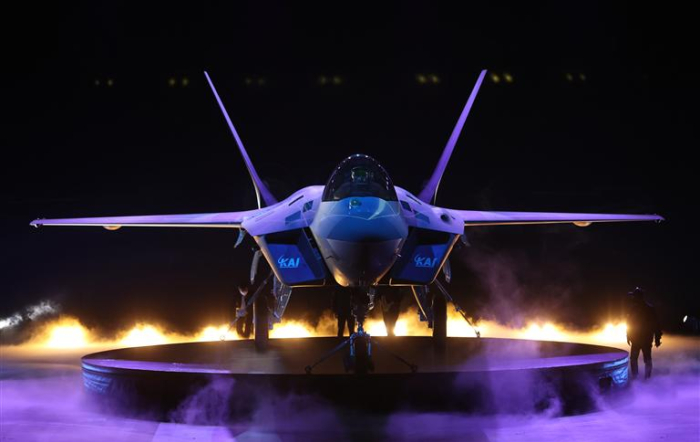
Airbus and KAI are also partners on the Korean Utility Helicopter (KUH) and Light Civil Helicopter/Light Armed Helicopter (LCH/LAH) programs, with the first LAH targeting to enter service for the Korean army by 2023.
“KAI has been involved in the Korean government’s satellite development projects over the past three decades. Airbus values KAI’s technical know-how accumulated through such efforts,” said a Korean defense industry official.
KEY PARTNER FOR KOREA’S AEROSPACE FIRMS
Airbus, which designs, manufactures and sells civil and military aerospace products, including satellites, has also been a key partner for other Korean companies in the aerospace industry.
The European company designed and manufactured South Korea's first geostationary satellite – Geo-Kompsat – with the Korea Aerospace Research Institute (KARI), and co-developed three Earth observation satellites. Airbus also built ANASIS-II, a military communications satellite launched last year.
Under the latest agreement, KAI and Airbus plan to focus on the development of low-earth-orbit satellites operating 500 km to 2,000 km above the Earth for seamless 5G telecommunications, surveillance and weather observations.
Since its launch in 1999, KAI has been a fixed member of South Korea’s government-driven satellite development projects.
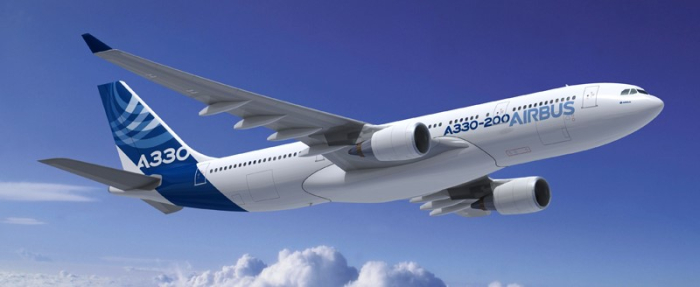
In late October, KAI played a key role in developing the propulsion tank for the first stage of Korea’s first domestically designed and developed space rocket Nuri.
According to Morgan Stanley, the global aerospace market is forecast to grow to $1.1 trillion by 2040 from $378 billion in 2020.
Write to Kyung-Min Kang at Kkm1026@hankyung.com
In-Soo Nam edited this article.
More To Read
-
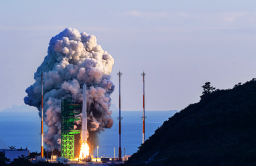 Aerospace & DefenseKorea’s Nuri: Mission unaccomplished, but one step closer to space
Aerospace & DefenseKorea’s Nuri: Mission unaccomplished, but one step closer to spaceOct 21, 2021 (Gmt+09:00)
-
Oct 15, 2021 (Gmt+09:00)
-
Jul 19, 2021 (Gmt+09:00)
-
Jun 28, 2021 (Gmt+09:00)
-
 [Exclusive] Urban air mobilityKorean Air joins race for flying car business to rival Hyundai, Hanwha
[Exclusive] Urban air mobilityKorean Air joins race for flying car business to rival Hyundai, HanwhaMay 06, 2021 (Gmt+09:00)
-
Apr 09, 2021 (Gmt+09:00)


